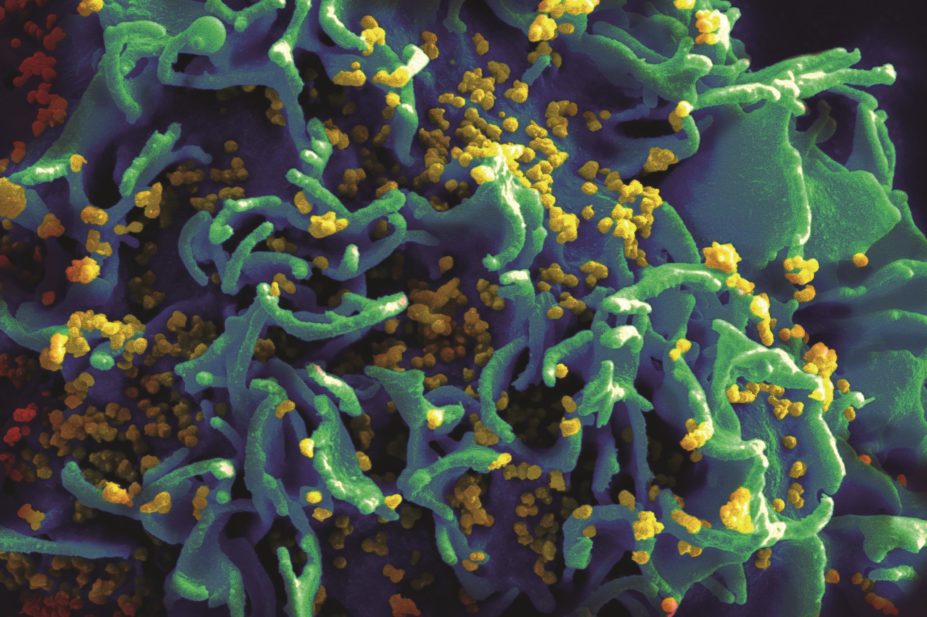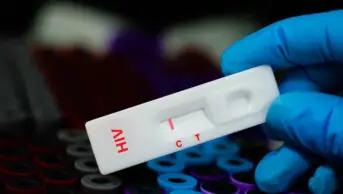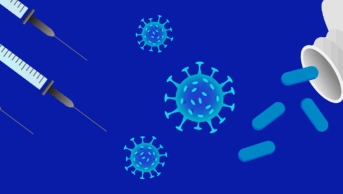
National Institutes of Health (NIH) / Wikimedia Commons
So far, little progress has been made in generating an effective vaccine against HIV. An alternative approach is the prophylactic administration of monoclonal antibodies (mAbs) against the virus, a strategy used against hepatitis A before a vaccine was available.
Researchers explored the efficacy of four anti-HIV neutralising mAbs in 24 monkeys. After receiving the mAb infusion, the animals were challenged weekly with a low dose of a chimeric simian/HIV.
The researchers found that mAb administration extended the median time to infection by between 8 and 13 weeks, compared with a median of 3 weeks among control animals. One treated monkey was protected for 23 weeks.
Reporting in Nature (online, 27 April 2016)[1]
, the team says that the use of anti-HIV mAbs in areas where the virus is endemic could have a major impact on transmission.
References
[1] Gautam R, Nishimura Y, Pegu A et al. A single injection of anti-HIV-1 antibodies protects against repeated SHIV challenges. Nature 2016. doi: 10.1038/nature17677


